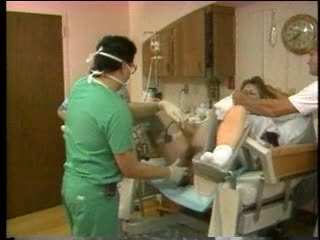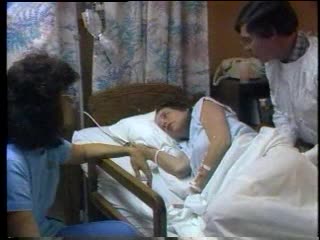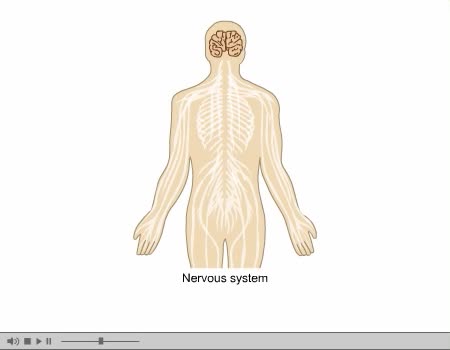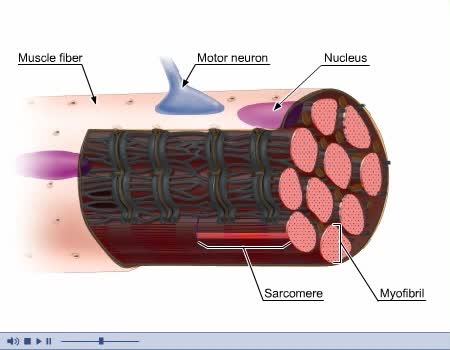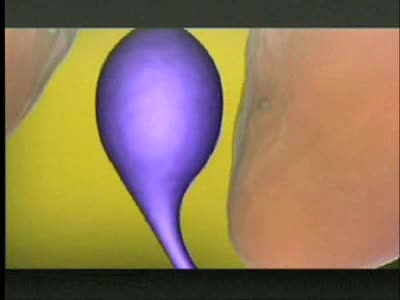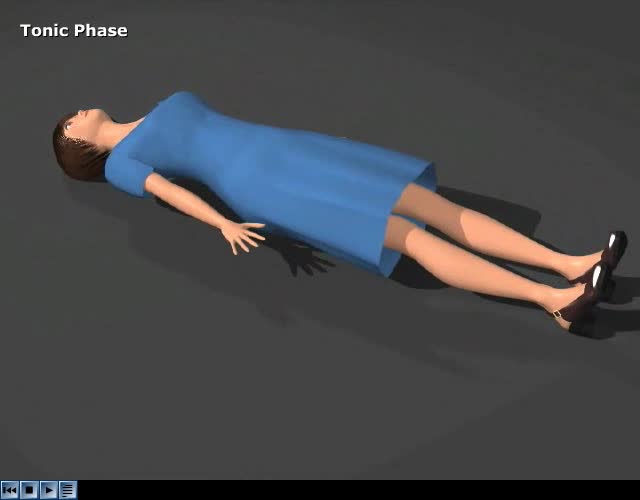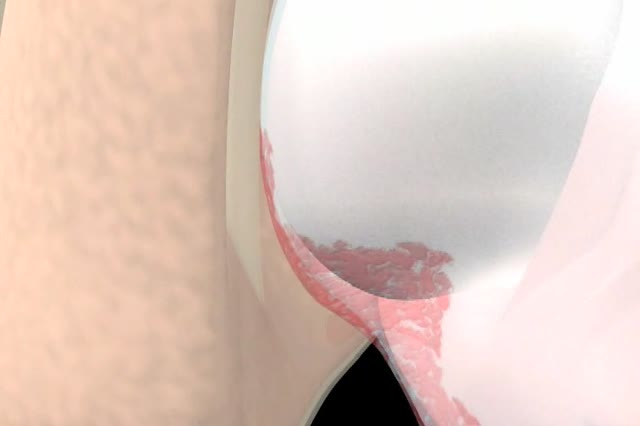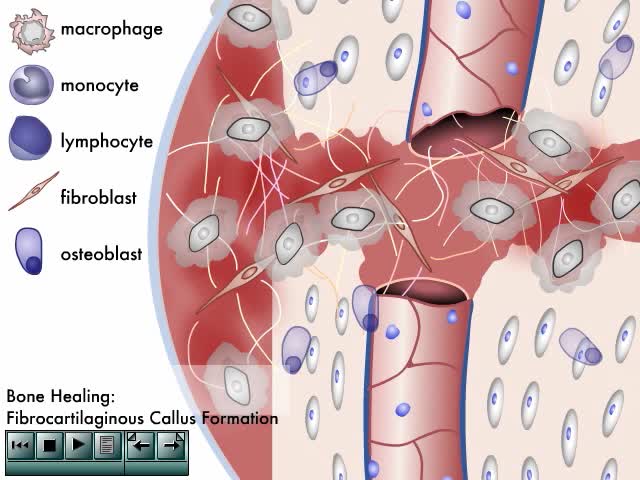Search Results
Results for: 'El'
Second Stage of Labor and Delivery
By: Administrator, Views: 649
During labor forceful contractions move the fetus down the birth canal and expel it from the uterus. Signs and symptoms that labor is about to start can occur from hours to weeks before the actual onset of labor. Braxton Hicks contractions Irregular contractions that begin in the second trim...
By: Administrator, Views: 14095
Pre-eclampsia (PE) is a disorder of pregnancy characterized by the onset of high blood pressure and often a significant amount of protein in the urine. When it arises, the condition begins after 20 weeks of pregnancy. In severe disease there may be red blood cell breakdown, a low blood platelet c...
Labor and Delivery - Transition
By: Administrator, Views: 378
The last part of active labor – when your cervix dilates from 8 to a full 10 centimeters – is called the transition period because it marks the shift to the second stage of labor. This is the most intense part of labor. Contractions are usually very strong, coming every two and a half to t...
By: Administrator, Views: 13922
In the nervous system, a synapse is a structure that permits a neuron (or nerve cell) to pass an electrical or chemical signal to another neuron or to the target effector cell. Synapses are essential to neuronal function: neurons are cells that are specialized to pass signals to individual tar...
By: Administrator, Views: 13819
Three basic types of muscles: - Skeletal - Smooth - Cardiac Composed of striated or smooth muscle tissue and classified according to their functions and appearance. Skeletal Muscle: - Also known as voluntary or striated muscle. - Controlled by the conscious part of the brain and attach...
By: Administrator, Views: 14253
Herpes simplex is a viral infection caused by the herpes simplex virus. Infections are categorized based on the part of the body infected. Oral herpes involves the face or mouth. It may result in small blisters in groups often called cold sores or fever blisters or may just cause a sore throat. G...
By: Administrator, Views: 14006
Status epilepticus (SE) is a single epileptic seizure lasting more than five minutes or two or more seizures within a five-minute period without the person returning to normal between them. Previous definitions used a 30-minute time limit. The seizures can be of the tonic–clonic type, with a re...
By: Administrator, Views: 13751
Pericarditis refers to inflammation of the pericardium, two thin layers of a sac-like tissue that surround the heart, hold it in place and help it work. A small amount of fluid keeps the layers separate so that there's no friction between them.
By: Administrator, Views: 13951
A visual on how bones eventually heal themselves. Traction is the application of a pulling force to maintain bone alignment during fracture healing. Different fractures require different types of traction. (A) Balanced suspension traction is commonly used for fractures of the femur. (B) Skelet...
Advertisement



